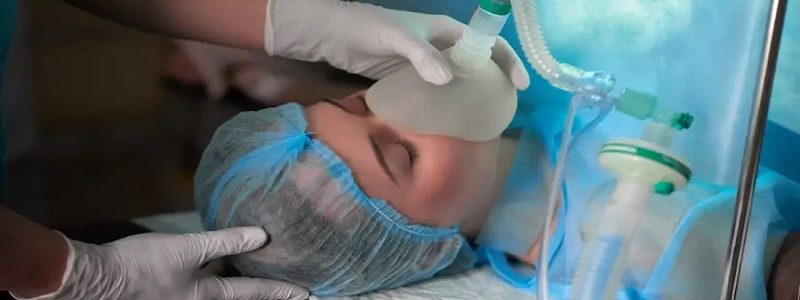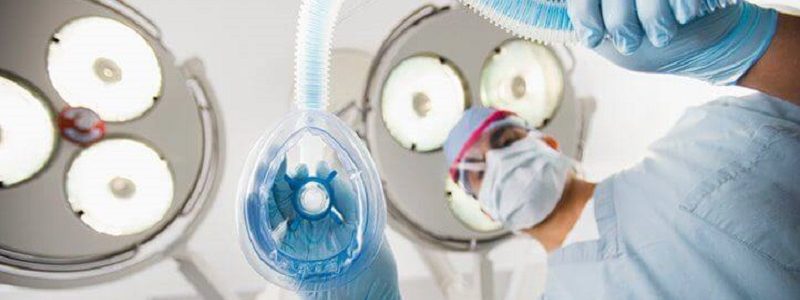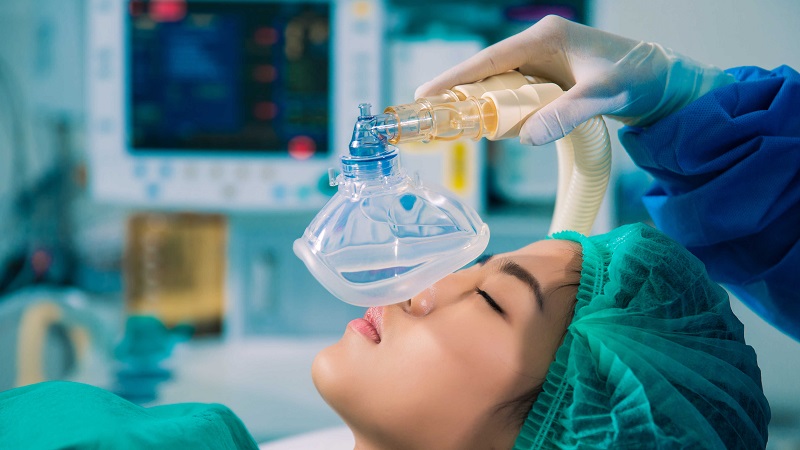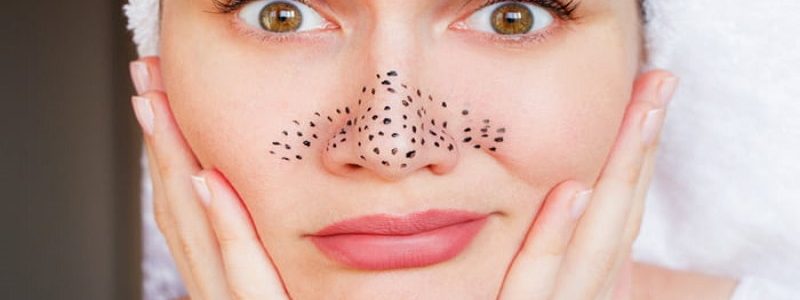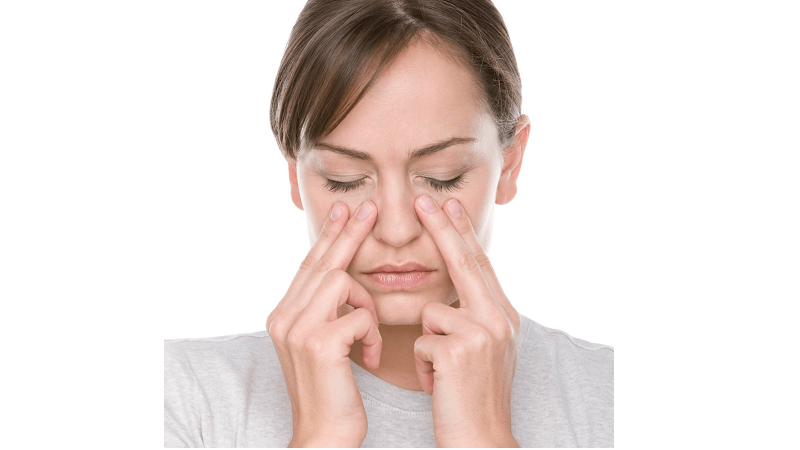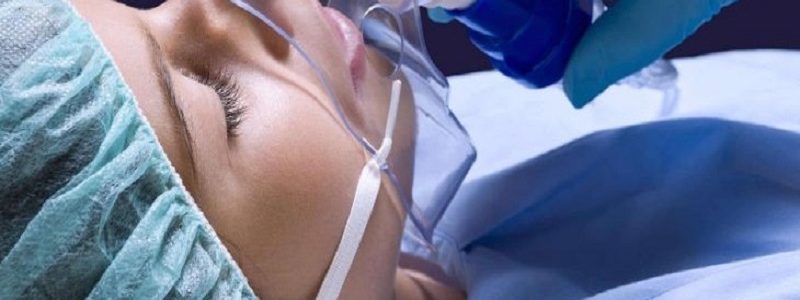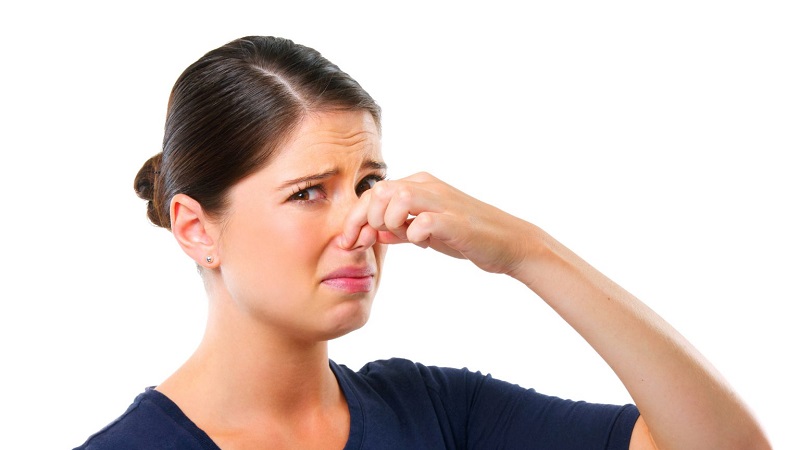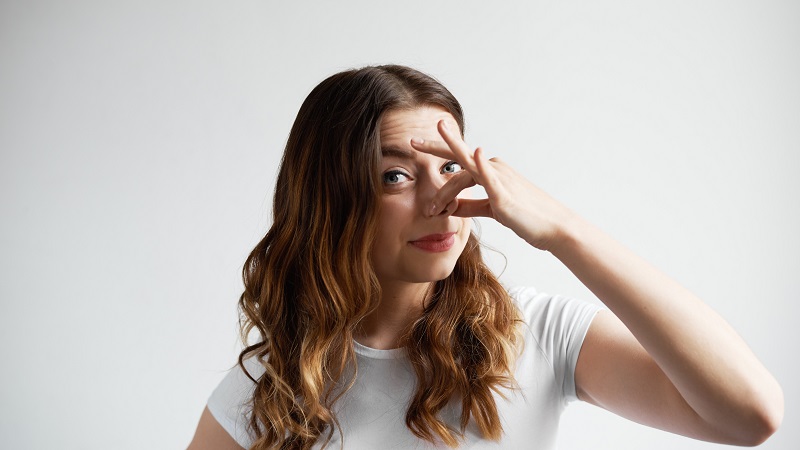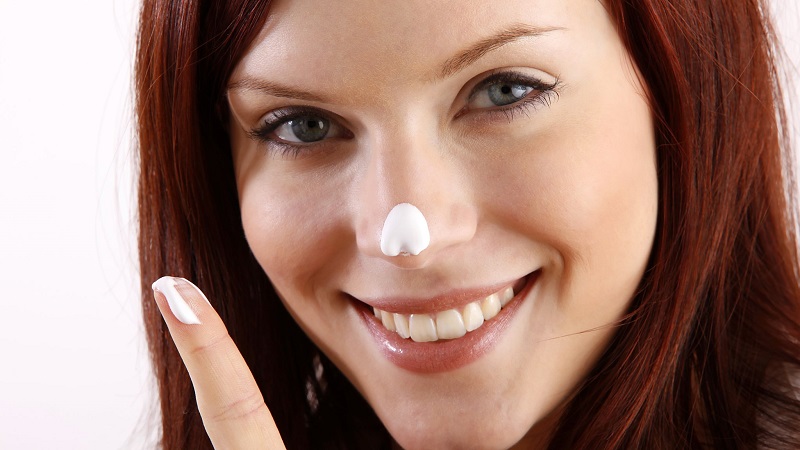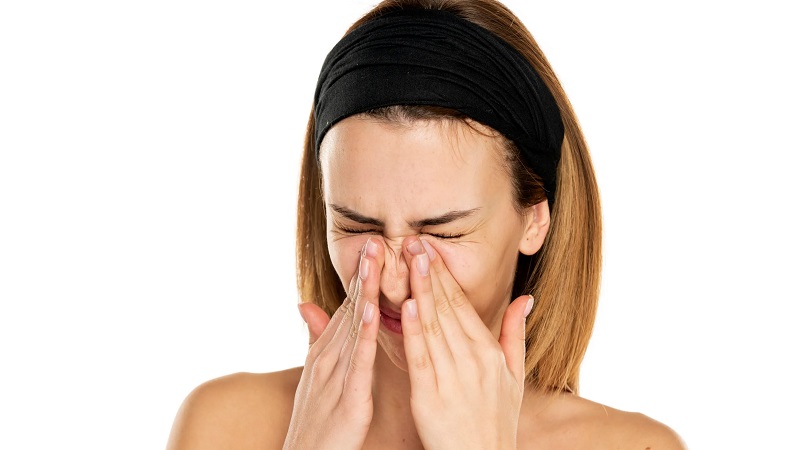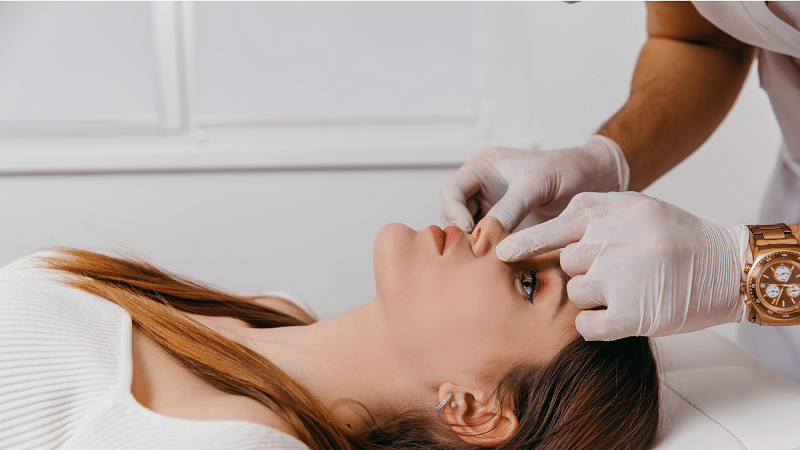Investigation of different anesthesia methods in nose surgery
It is very important to choose the best anesthesia method in nose surgery. Rhinoplasty is performed with different types of anesthesia depending on how complicated and time-consuming your surgery will be, as well as the doctor's direct opinion.. In the continuation of today's article, the site of Dr. Behnam Khorrami (Best of nose surgery – Jaw surgeon of Isfahan) روش های مختلف بیهوشی در عمل بینی را مورد بررسی قرار می دهیم.
Intravenous sedation anesthesia (Nose surgery without anesthesia)
One of the methods Anesthesia In rhinoplasty, intravenous sedation. This type of anesthesia is usually done on an outpatient basis. The doctor injects the anesthetic into the nasal tissues. By injecting an intravenous sedative, you are not asleep and awake; But your body will be confused and weak and you won't feel any pain. This method is also known as nose surgery without anesthesia.
Advantages of method IV (Intravenous) In the operation of the nose:
- عدم Anesthesia عمومی با لولهگذاری که با تهوع و استفراغ کمتر پس از عمل همراه است
- Fast recovery time from anesthesia
- Reduction of bleeding during nose surgery
Disadvantages of method IV (Intravenous) In the operation of the nose:
- Need an expert Anesthesia
- The possibility of liquid aspiration into the lungs
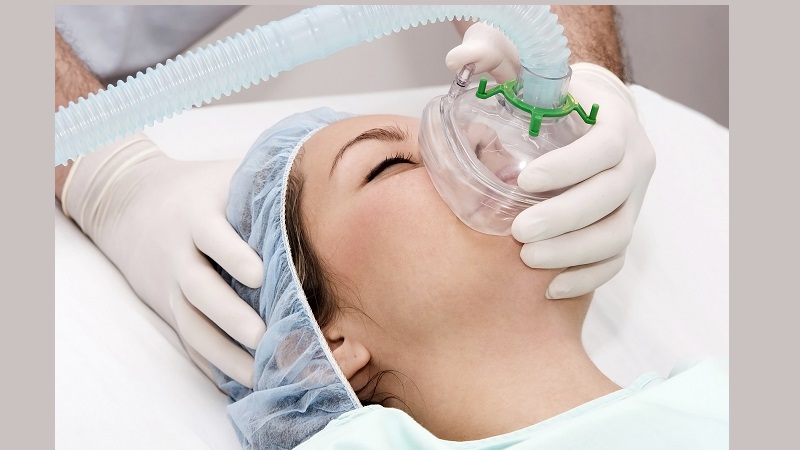
General anesthesia for nose surgery
Another method Anesthesia In nose surgery, general anesthesia is used. In this method, you become completely unconscious and fall asleep. General anesthesia is performed by inhaling anesthetic through a small tube placed in a vein in the arm, neck, or chest.. General anesthesia requires a breathing tube.
Advantages of general anesthesia:
- Without pain and feeling the process of nose surgery
- Protection of the respiratory tract and lungs by a breathing tube
- Monitoring of body systems by an anesthetist
Disadvantages of general anesthesia:
- Pulmonary complications
- The most aggressive option Anesthesia
- Excessive bleeding during nose surgery
- Inability to talk to the patient during the procedure
- Effects of anesthesia after nose surgery: Nausea and vomiting after surgery
- Delay in regaining full consciousness after anesthesia and sometimes feeling tired for a long time
Symptoms of anesthesia in nose surgery
Disadvantages of different anesthesia methods in nose surgery that we have learned so far include the complications caused by that type of anesthesia in nose surgery.. The following are also generally known as the complications of anesthesia after nose surgery, and being aware of their occurrence after the operation can reduce your stress and worry.:
- Nausea and possible vomiting in the first 24 hours after nose surgery
- Dizziness, weakness and headache
- Hoarseness, dry throat and sore throat
- Extreme coldness in the body
- Muscle pain in the shoulders and chest that may last 2 or 3 days
- The possibility of bruising and body itching
- Impaired urination
Useful links: Isfahan nose surgeon _ Jaw surgeon of Isfahan
Dr. Behnam Khorrami's page in the clinic 24 | Maxillofacial surgeon in Isfahan clinic 24 | Nose surgeon in Isfahan clinic 24
Dr. Behnam Khorrami, nose surgeon in Isfahan at Dr. Af | Maxillofacial surgeon in Isfahan at Dr. Af | Isfahan nose surgeon at Dr. Af
